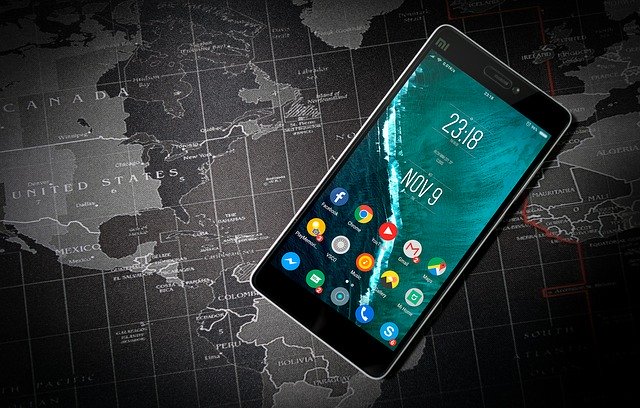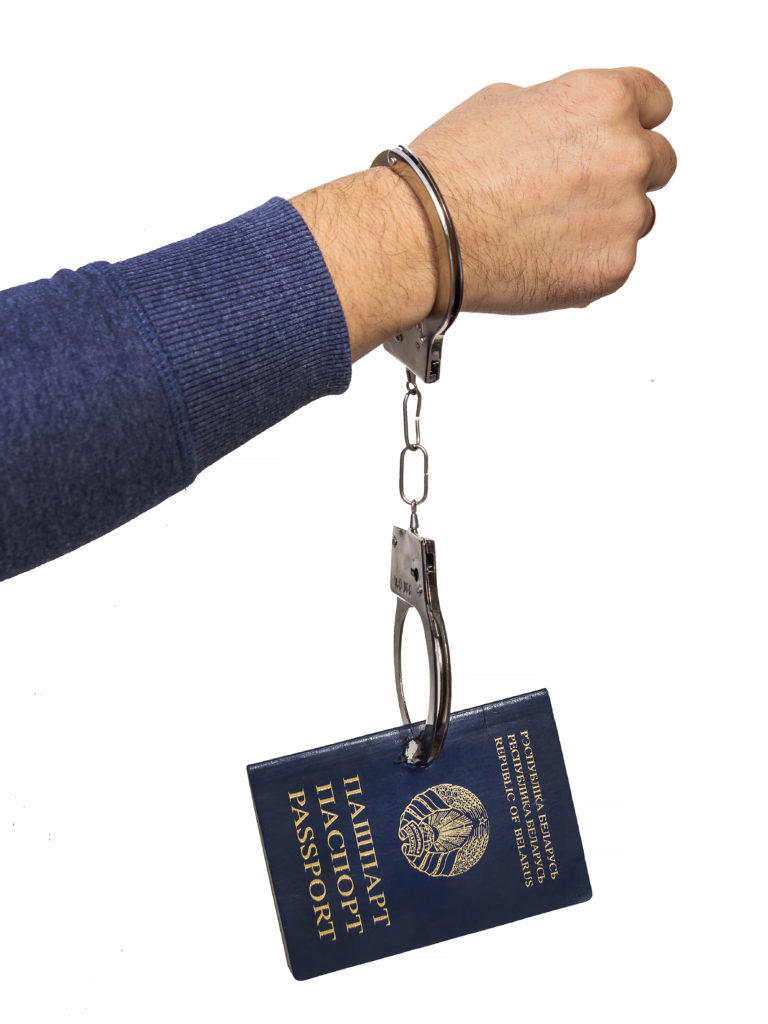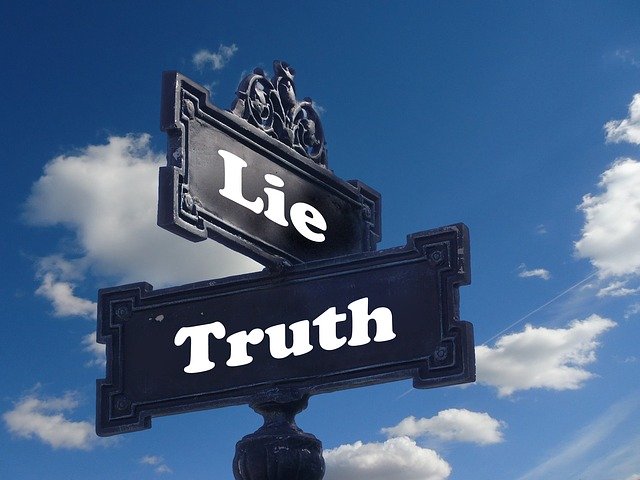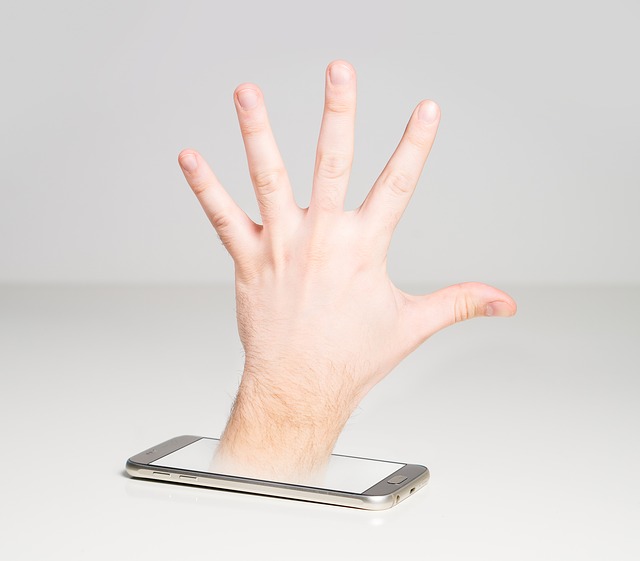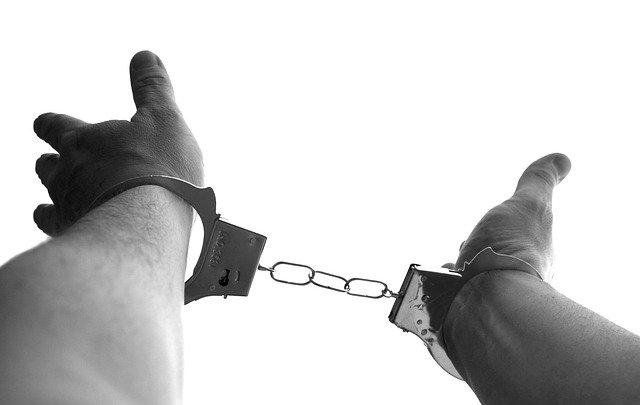What is a “Geofence” Warrant?
A geofence warrant is a warrant that goes to any company capable of tracking your location data through your cellphone.
Law enforcement gets a warrant from a judge, then serves it to Google or Apple. The warrant specifies a physical location and a time period.
The company then gathers information about all the devices that were in that area at that time, initially labeling them with anonymous ID numbers.
Law enforcement can then compare this data to other facts they have about a crime, including comparing cell phone locations to other places they may have associated with the crime.
They can use this to narrow down the devices to just a handful they think may belong to suspects.
Which means you could be a suspect for a crime you didn’t even know had been committed, simply because you were literally at the wrong place at the wrong time. Geofencing has already caused some false accusations. These accusations have wreaked havoc in the lives of the accused, even when they’ve ultimately been exonerated.
There could be numerous constitutional problems with this practice, but it hasn’t gone before the Supreme Court yet. There is a robbery case in Virginia where the defendant asserts the geofencing warrant served as a violation of his Fourth Amendment Rights, arguing the practice is, “akin to searching every home in the neighborhood of a reported burglary.“
Right now the Courts have upheld law enforcement’s rights to collect cell tower data without a warrant, but not personal cell records (see the 2018 case Carpenter v. United States).
There are some attorneys who believe that catching innocent people’s data will become an unavoidable part of law enforcement’s activities in the future. That such invasions of privacy are unavoidable in the “Internet of Things” age, and in an age where surveillance cameras are both ubiquitous, and are watching 24/7.
You aren’t vulnerable unless you’ve got your location history turned on, of course. You get personalized maps. You can use a voice command to tell Google to navigate you back home. Most people will opt for the convenience over the security of turning off their phone history.
Of course, one can also predict that smarter criminals will turn off their phone history before committing a crime, thus ensuring the only people who get caught in these nets will be innocent people.
In the meantime, if you’re one of the people caught in these dragnets you need an attorney who is prepared to figure out what the police are ascertaining from your data. You need someone who can then undermine the case in court, showing how the data that’s showing up on your cell phone is actually evidence of your innocence, not of your guilt, and/or how good information is being tangled with bad to bring the police to an incorrect conclusion.
It will be interesting to see where location history ends up standing in the future.
See also:
Can Your Search History Really Get You Arrested?
Searching Cell Phones: When Can the Police Search Your Devices?
How to Tell if Your Phone’s Been Tapped

